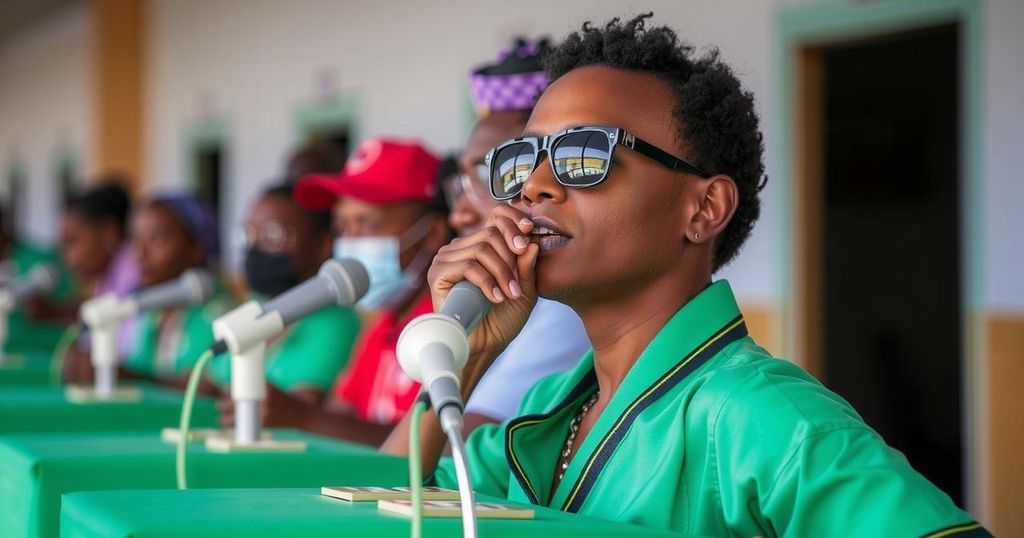Comoros recently held legislative elections, which were boycotted by opposition groups due to concerns about transparency. President Azali Assoumani’s son, Nour El-Fath Azali, is a key candidate. Reports of logistical issues and improvised voting arrangements raised concerns over the electoral process’s integrity. The ruling CRC party is likely to maintain a dominant position in parliament, with voter skepticism persisting due to allegations of past electoral fraud.
The Indian Ocean nation of Comoros held legislative elections recently, amidst significant dissent from opposition groups who chose to boycott the event due to perceived transparency issues. President Azali Assoumani’s son, Nour El-Fath Azali, is a prominent candidate in these elections, yet many voting booths were reported to have opened late due to logistical failures. Observers noted improvised arrangements for the voting process, raising concerns over the maintenance of voter privacy. Despite historical controversies surrounding elections in Comoros, including accusations of fraud during the President’s reelection, the ruling Convention for the Renewal of the Comoros (CRC) party is expected to secure a dominant position in parliament once more. Registered voters are participating in a two-round ballot to elect thirty-three members of parliament, with the second round scheduled for February 16. The political climate continues to be tense, as many citizens express skepticism about the electoral process and the integrity of the elections.
Comoros has a tumultuous political history, characterized by coups and controversial elections. President Azali Assoumani, who has previously held power since a coup in 1999, returned to office through a highly disputed election in January 2024. His administration has faced criticism for perceived autocratic tendencies, particularly with the elevation of his son, Nour, to a position that critics say effectively makes him a de facto prime minister. The current elections are seen as an attempt to consolidate power further amidst a backdrop of ongoing opposition skepticism and past violence stemming from electoral disputes.
In summary, the recent elections in Comoros highlight ongoing challenges related to political transparency and the opposition’s role in the democratic process. Despite the ruling party’s expected success, the logistical failures at polling stations and previous election-related violence raise critical questions about the integrity of the electoral framework. As the nation continues to navigate its complex political landscape, the need for constructive dialogue and reform remains evident.
Original Source: www.arabnews.com






